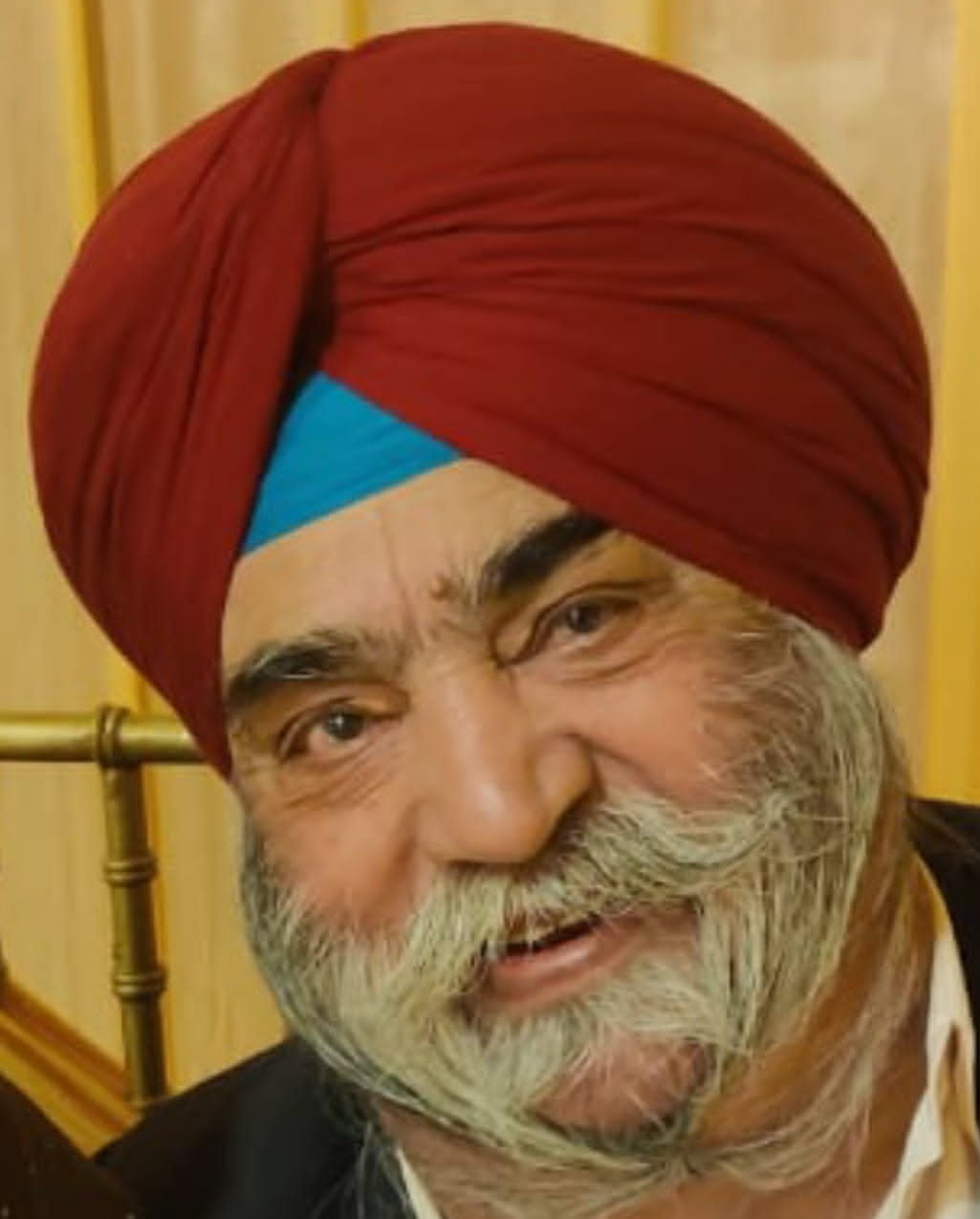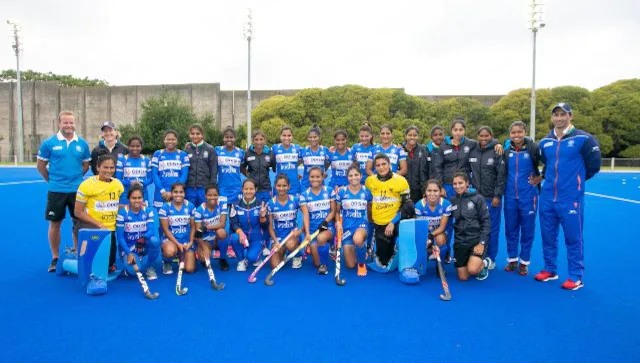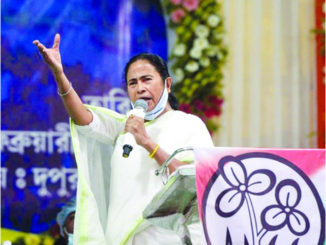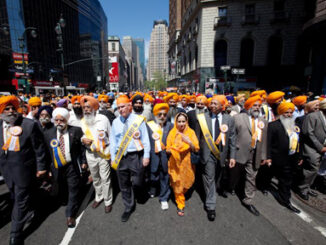Indian national anthem at Olympic games after 13 years

“Tokyo, once again, marked the turning point for Indian hockey. Remember 1960 when India lost its supremacy in hockey for the first time. The Rome Olympic games will always be remembered as there was no “Jana Mana” sung or played at the Olympic games.”
It is not just a bronze medal. It is an expression of the sentiments of millions of Indian hockey fans that have sieved through the grinds of Olympic hockey for the past 41 years.

It is India’s third bronze medal in the sport that every Indian thinks of as the country’s national sport. With eight gold medals – last won in Moscow in 1980 – and one silver other than three bronze medals, India put up a gallant fight to oust four times Olympic gold medalist Germany for this elusive medal. Hockey may not have directly engineered the return of the Indian national anthem at a victory ceremony as it did 57 years ago but it certainly created the right atmosphere for it.
Tokyo, once again, marked the turning point for Indian hockey. Remember 1960 when India lost its supremacy in hockey for the first time. The Rome Olympic games will always be remembered as there was no “Jana Mana” sung or played at the Olympic games.
Led by center half Charanjit Singh, the 1964 Indian Olympic hockey team had some of the greats, including penalty corner specialist Prithipal Singh (no drag flicker but a powerful hitter of the leather ball with his 29-ounce mulberry hockey stick – no Carbon/graphite). It was he who sank many a team with his lethal penalty corner strikes and emerged as the top scorer with 11 goals to his credit. It was his penalty corner shot that got India the decisive penalty stroke. It was Mohinder Lal who made no mistake with the dreaded spot push. And this time again, India’s success story was mainly scripted by penalty corner strikers or drag flickers – Rupinder Pal Singh and Harmanpreet Singh. After a long gap of 41 years, India was back on the podium. Though no Indian national anthem was played at Oi Hockey Stadium, Tokyo did reverberate with Jana Gana a day before the closing ceremony after the Javelin thrower gave India its first ever medal in athletics, a gold.
When hockey teams, men, and women, left the shores of the country, expectations started soaring especially after the men’s team defeated New Zealand in the opener. While the women’s team suffered reverses in its first three pool games, men were lucky to limit their setbacks to only one, against Australia, by a big margin of 1-7.
Confidence reposed in young faces by the team coach Graham Reid (Australia) in preference to some experienced players, especially in the forward line, has shown very encouraging results. These are the new faces – Simranjit Singh, Gurjant Singh, Hardik Singh and Dilpreet Singh – who compensated for their lack of experience with their determination, grit, and skills. Besides experienced goalkeeper PR Sreejesh and dependable deep defenders and drag flickers – Rupendra Pal Singh and Harmanpreet Singh – Indian team stood out as a cohesive and purposeful unit.
Tokyo 2020 was an Olympic with a difference. Never any Olympics got postponed. But the Corona pandemic forced the International Olympic Committee (IOC) and the Tokyo Olympic Games Organising Committee besides the Japanese government to postpone the mega sporting event by a year.
They also decided not to allow any spectators, including families and friends of participating athletes. Playing before empty stands and restricting their movements from Olympic Village to venues, 11,000 odd athletes put up credible performances. After Mirabai Chanu gave a silvery start with a medal in weightlifting, a new wave of enthusiasm swept Indian camp in Tokyo. Both men and women teams deserved praise for quickly putting behind their pool game reverses and continued to focus on their goal of making the last eight. They did and did it with style. Not content with their quarterfinal destination, they had revised their expectations to an Olympic medal.

What a game Indian girls played against the once powerhouse of women’s hockey, Australia, in the quarterfinals. A penalty corner goal by Gurjit Kaur was enough to upset the applecart of the Hockeyroos.
The men’s team took measure of Great Britain in the last eight rounds. It was a great consolation for India to oust its mentor from the medal round. If India had failed to make it to the 2008 Olympic Games in Beijing, it was because Great Britain had defeated them in the Olympic Qualifier in Chile in 2008.
The bronze medal triumph was sufficient provocation for hockey lovers the world over to burst into celebrations. This bronze for them is much bigger, larger, and more valuable than any other medal, including gold, won in any other sport.
(The author is a senior journalist. He can be reached at Prabhjot416@gmail.com)





Many congratulations!